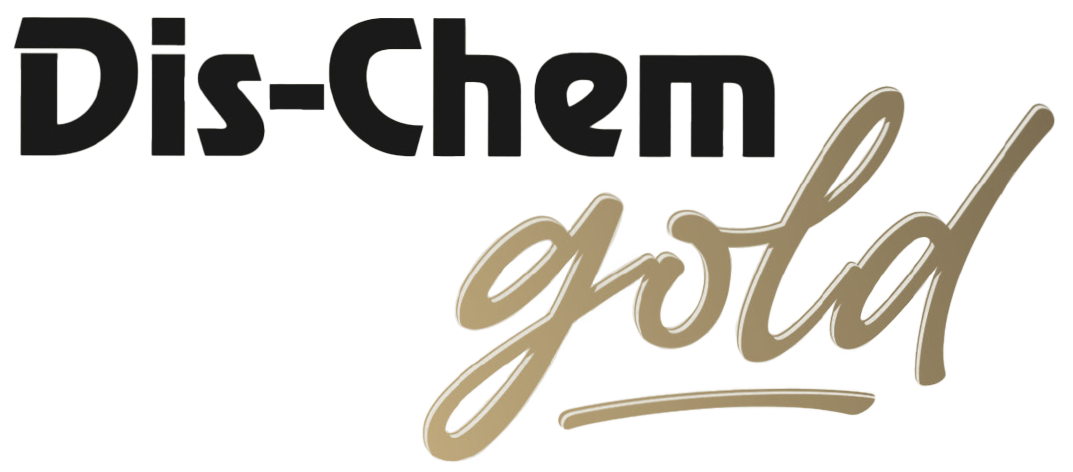Are you looking to get the most from your vitamins, minerals and other supplements? Considering when you take them could you achieve the best results!
Making high-quality vitamin and mineral supplements part of your daily nutrition plan is an intelligent way to plug potential nutrient shortfalls, support your immune system and recovery needs, and potentially boost your general health and wellbeing.
But a haphazard approach to taking these supplements might not deliver the full benefit from your investment as not all vitamins are the same.
Your body absorbs some with water while we require a fat source to absorb others. Some vitamins work best when combined with others while a few can actually hamper our ability to absorb some substances.
With these factors in mind, taking certain vitamin and mineral supplements at specific times during the day can help to promote optimal absorption.
READ MORE: Vitamin Packs: Small Supplements That Pack A Big Punch
Time your intake
While supplement timing may seem like a complicated subject, it’s actually very straightforward and intuitive when you understand a little more about how your body digests and absorbs nutrients.
The main considerations on how to take them relate to the time of day and whether or not people can (and should) ingest them alongside meals.
READ MORE: Know Your Nutrients: We Discuss The Differences Between Micro- And Macronutrients
Prevent upset tummies
In general, most label recommendations on packaging direct you to take vitamins and minerals in the morning with or directly after your first meal.
The main reason for this guideline is to prevent potential digestive issues, which can occur when you ingest certain concentrated vitamin or mineral supplements on an empty stomach. Symptoms such as stomach cramps or pains, heartburn, acid reflux, nausea, or diarrhoea may occur, especially with larger doses.
Magnesium is a prime culprit, which is why most healthcare practitioners recommend taking it with a meal due its possible laxative effects.
Boost absorption with fat
Consuming your supplement with food can also help to improve digestion and boost how much of it your body absorbs to improve its impact.
For instance, your body needs fat to absorb fat-soluble vitamins (these include vitamins A, D, E and K). This also applies to any multivitamin that contains these vitamins. As such, taking these vitamins with breakfast works best if you include some avocado or nut butter with your toast.
READ MORE: Spray Vitamin Deficiencies Away With Sublingual Supplements
A water solution
If you take multiple products, you can divide these doses and take the second batch with your lunch. However, it is best to take any energy- or metabolism-boosting supplements, like B vitamins, in the morning.
Just keep in mind that B vitamins (along with vitamin C) are water-soluble vitamins, and it may prove beneficial to take water- and fat-soluble vitamins separately to boost absorption rates.
Optimal hydration will ensure your body efficiently absorbs these vitamins. So start your morning with a cup of water (or lemon water with some salt) and wash down your vitamin B and C supplements with a glass of water, either before or a little while after your breakfast.
However, there are a few products that you can take on an empty stomach, namely chelated mineral supplements.
Chelation occurs when a mineral binds to an acid, which means it doesn’t rely on your stomach acid to break it down. Calcium citrate and magnesium glycinate are the main products available in this form.
When it comes to probiotics, some preliminary research suggests that taking them with or 30 minutes before a meal may deliver better results than taking them after eating.
READ MORE: Give Your Performance A Boost With Magnesium And B Vitamins
The dinner conundrum
Taking vitamin and mineral supplements with or after dinner seems to be the most contentious issue. Some people suggest that taking supplements in the evening can help your body derive added nutritional benefit while you sleep. However, your digestion typically slows during the night, which could actually hamper efficient absorption.
One proviso may include natural hormone-boosting supplements like ZMA, which may prove most beneficial when taken in the morning and again in the evening.
A study published in 2000 in the Journal of Exercise Physiology found that “ZMA supplementation was associated with improved anabolic hormone profile and muscle function”.
Power combos
Another timing consideration relates to potential synergies between specific nutrients. For example, vitamin D boosts calcium absorption while vitamin C boosts iron absorption (you should also take iron on an empty stomach, which can work with some vitamin C diluted in a glass of water).
As such, combining these nutrients at the correct times could potentially deliver the biggest benefit.
But keep in mind that certain combinations can also block one another. For instance, calcium can affect Iron, Zinc and Magnesium absorption. Therefore, it may prove beneficial to take calcium supplements (together with vitamin D) at a different times than an iron supplement or a multivitamin.
Avoid mega-dosing
Lastly, consider that your body can only absorb a certain amount of a specific nutrient at one time. As such, practical recommendations suggest a micro-dosing approach, with large doses split over the course of the day rather than a single mega-dose in the morning and/or evening.







